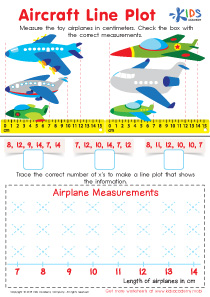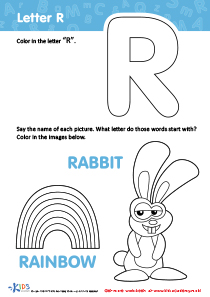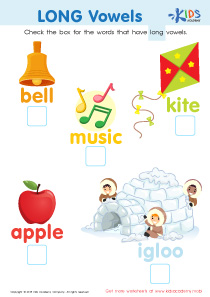Normal Foundations and Applications in Measuring, Time and Data Quizzes for 6-Year-Olds
3 results
3 filtered results
Clear all filters3 filtered results
-
From - To
Normal Foundations and Applications in Measuring, Time, and Data for 6-Year-Olds
Dive into the exciting world of numbers and measurements with our interactive assessment quizzes! Specifically designed for 6-year-olds, this engaging online quiz series covers the Normal Foundations and Applications in Measuring, Time, and Data, ensuring your child not only learns but truly understands these fundamental concepts. Through a series of carefully crafted questions, children are encouraged to explore measurements, grasp the basic concept of time, and interpret simple data. With immediate feedback provided, these quizzes are a fantastic way to check knowledge, reinforce learning, and foster a love for mathematics in young learners.
In the dynamic world of education, the Normal Foundations and Applications in Measuring, Time, and Data for 6-Year-Olds stands out as an innovative tool designed to bolster children's understanding of foundational mathematical concepts. This interactive quiz-based approach transforms the way 6-year-olds engage with and comprehend essential skills such as measuring, understanding time, and interpreting data. Let's delve into how these quizzes serve as a cornerstone in children's educational journey and why they're a significant leap from traditional teaching methodologies.
Firstly, the Normal Foundations and Applications in Measuring, Time, and Data for 6-Year-Olds are meticulously tailored to align with the cognitive abilities of young learners. At the age of six, children are at a pivotal stage where their curiosity about the world around them is peaking. They are beginning to ask questions about quantities, durations, and the sequencing of events. This program taps into this natural curiosity by presenting measuring, time, and data not just as abstract concepts but as integral parts of their daily experiences.
The interactive quizzes are designed to engage children in a way that static textbooks cannot. Through vibrant animations, compelling storylines, and characters that children can relate to, the quizzes make learning an adventure rather than a chore. This engagement is vital in retaining attention and ensuring that the concepts are not only understood but also remembered.
Moreover, the Normal Foundations and Applications in Measuring, Time, and Data for 6-Year-Olds quizzes incorporate a variety of question formats and difficulty levels. This differentiation ensures that all children, regardless of their learning pace, can benefit from the quizzes. For instance, questions on measuring might start with simple tasks like comparing the heights of two objects, gradually progressing to using units of measurement. Similarly, in learning about time, children might initially learn to sequence events before moving on to read clocks. Data interpretation exercises might start with understanding basic charts before progressing to more complex data sets.
Feedback plays a crucial role in the learning process, and this is another area where these quizzes excel. Immediate feedback is provided for each question, allowing children to learn from their mistakes in real-time. This not only helps in solidifying their understanding but also boosts their confidence as they see themselves improving. Additionally, this instant feedback mechanism is a boon for parents and educators as it provides them with insights into areas where a child might need extra help.
The integration of these quizzes into regular study routines can have a profound impact on a child's mathematical literacy. By making the abstract concepts of measuring, time, and data tangible and relatable, children are more likely to develop a genuine interest in mathematics. This early interest is crucial as it lays the groundwork for more advanced mathematical learning in the future.
In conclusion, the Normal Foundations and Applications in Measuring, Time, and Data for 6-Year-Olds represent a significant advancement in educational tools for young learners. By leveraging the power of interactive quizzes, this program not only makes learning more engaging but also more effective. As children navigate through the quizzes, they're not just answering questions; they're building a robust foundation of knowledge that will support their academic growth for years to come.









.jpg)

